
Days of Love
Why do our sages compare Yom Kippur to the 15th of Av, “Love Day?” It's really the very best day of the year, full of love...

Life is a classroom.
I saw a cute 5-year old with curly red payot (side-locks) in synagogue the Shabbat before Rosh Hashanah; he was wearing a brand new pair of these cute little black and white Chassidic-style Buster Brown shoes. When his peckal’e (his little bag of goodies) was depleted, he ran outside to play with the other little tykes. A few minutes later, he ran back in shul, wailing to his daddy; the little guy’s spanking new patent leather Shabbat shoes had just received their first nasty scoff. A pat on the head and a piece of toffee calmed him down, and within a minute, he returned to the action outside. By the end of services, the little fellow’s new shoes were not only scoffed, but were covered with dust and many more blemishes that didn’t seem to bother him anymore. I wouldn’t want to see the expression on his mother’s face from how badly his brand-new little sailor suit was soiled, either.
There are two profound lessons here: First, Rav Huna teaches (Talmud, tractate Yoma, 86b) that once a person commits a misdeed for the second time, then it becomes permissible in his or her own mind.
Second, the Reishit Chochma in the name of the Zohar teaches us that despite the fact that a sin is accidental, it still imparts a blemish on the soul. As in our example above, it wasn’t the little tyke’s fault that he roamed into the firing line of the 10-year olds’ mud-ball war, but his brand new Shabbat clothes still have a mud stain that must be cleaned.
The soul is like a lily-white garment. A misdeed, such as a lie, a dishonest dealing, a glance at a forbidden sight or an act of adultery blemishes the soul seriously. Human nature is to become extremely ashamed of the first blemish, but once the garment (or soul) is soiled and blemished, then anything goes.
Repeated offenders, such as gossips and those who short-change their employees, have 101 reasons to justify their actions. Repeated misdeeds have a way of desensitizing us, for the cleaner a soul is, the higher its sensitivity.
The soul suffers unfathomable humiliation from each blemish. Imagine appearing at a white-tie formal event with a gross stain on your tuxedo or evening gown. What an embarrassment!
Yet, there’s no need to fret. A good detergent will clean a garment; Teshuva will clean a soul.
We are now in the midst of the holy Ten Days of Repentance between Rosh Hashanah and Yom Kippur. Hashem is so magnificently merciful that even if a person failed to do teshuva in Elul or on Rosh Hashanah, and even if he or she was slapped with a severe judgment of Rosh Hashanah, Hashem will still gladly and lovingly open His arms to our teshuva efforts made this week. This is what Rebbe Nachman referred to when he declared, “There is no despair, anywhere!” The Yetzer Hara – the evil inclination – tells you “don’t bother: have a good time and the heck with the future.” Such is the philosophy of the cheap-thrill generation; if it was such a winning philosophy, why are so many people depressed out of their skulls?
This week, one can certainly do teshuva that’s sufficient to sweeten the most severe judgments. The gates of Heaven are wide open right now. The Gemara in tractate Taanit tells us that the two happiest days in Judaism are the 15th of Av and Yom Kippur.

Hey, wait a minute – the 15th of Av is “Love Day”, a joyous day of romance that’s opportune for matchmaking and weddings! What does that have to do with Yom Kippur?
Forgiveness is probably the greatest expression of love there is. On Yom Kippur – as long as we do our best effort in making sincere teshuva – our beloved Father in Heaven forgives us of the worst imaginable transgressions! That’s like your bank manager cancelling a million-dollar debt that you owe with a snap of his fingers! What could be a greater expression of Love?
Pray with joy this Yom Kippur, for you have a right to be happy. This is the happiest day in the Jewish calendar. Let’s prepare for it, and be careful not to squander these valuable hours. May you and yours be signed in the Book of Long and Happy life for a wonderful New Year, amen!


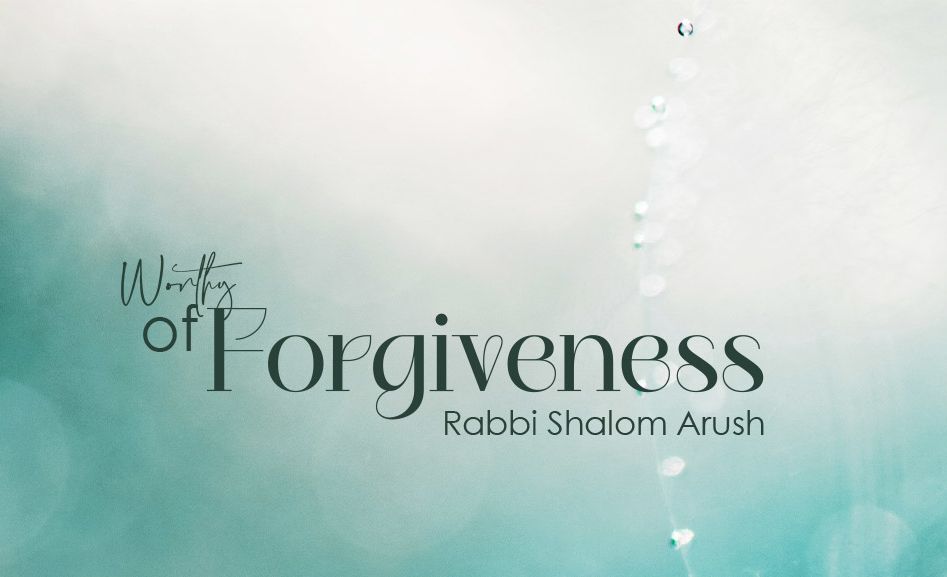


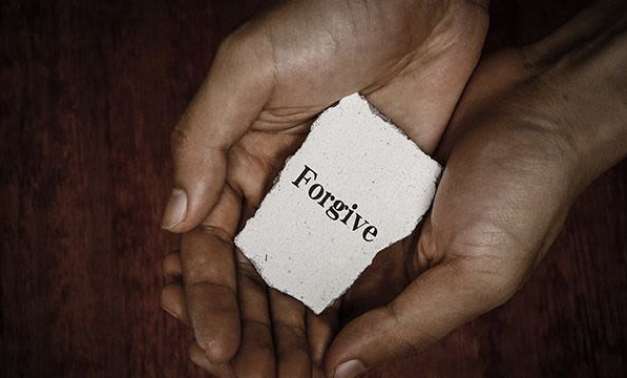
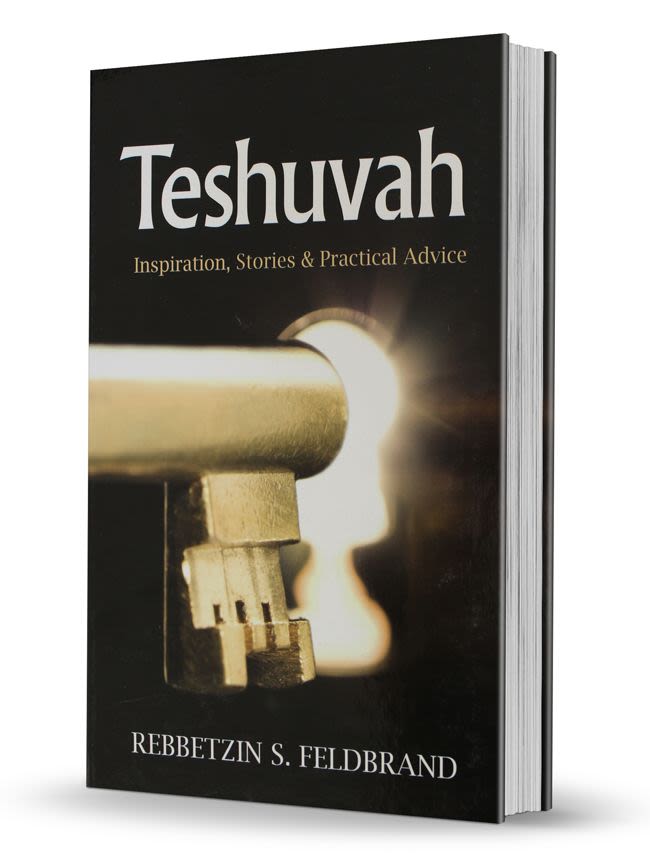
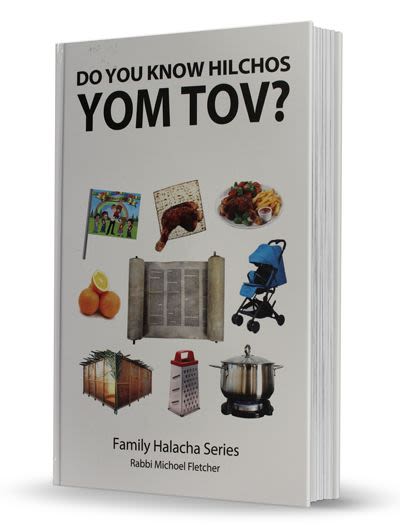



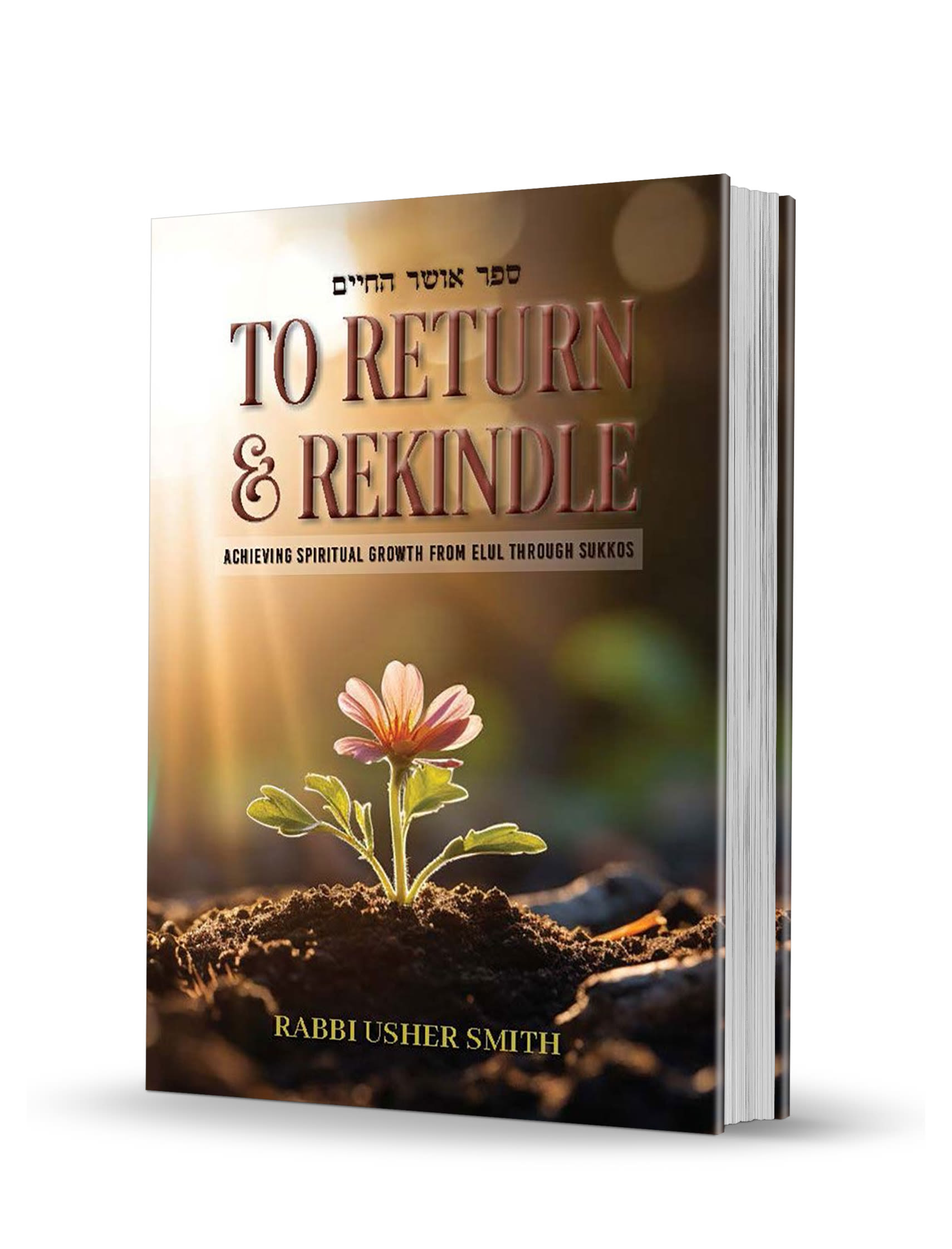
Tell us what you think!
Thank you for your comment!
It will be published after approval by the Editor.